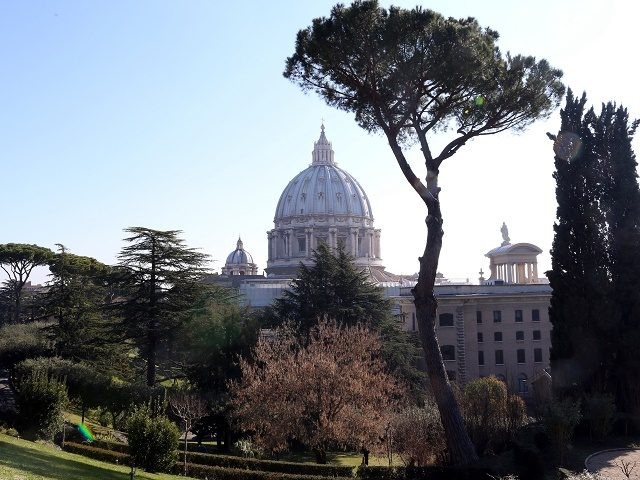The Catholic Church has inaugurated a new ecological area within the Vatican Gardens for recycling and sustainable waste disposal, dubbing it an “ecological island.”
On Monday, the Vatican began operating the new area located within the Vatican City State, near the Torre San Giovanni.
In 2008, the Vatican installed huge solar panels atop the massive roof of the “Nervi Hall,” where the Pope holds his general audiences during the winter months. The 2,400 panels were designed by a Germany company, and provide heat, light and cooling for the hall and several surrounding buildings.
Pope Benedict XVI was the first to be dubbed the “Green Pope,” with his emphasis on care for the environment, efforts to make the Vatican carbon-neutral and the purchase of a hybrid popemobile.
The Vatican City State became the first solar-powered nation in the world, and according to the Vatican’s official newspaper, L’Osservatore Romano, it is “the greenest state in the world.”
The Vatican has long been a promotor of recycling, with differentiated waste collection consisting of containers of various colors to distinguish the different types of waste throughout its territory.
In 2015, Pope Francis published a controversial encyclical letter on the environment called Laudato Si, urging nations and individuals to exercise more responsible stewardship of the created world.
At the same time, Francis said that he was encouraging debate rather than trying to impose his own read on environmental concerns.
“On many concrete questions,” he wrote, “the Church has no reason to offer a definitive opinion; she knows that honest debate must be encouraged among experts, while respecting divergent views.”
“Here I would state once more that the Church does not presume to settle scientific questions or to replace politics,” Francis said. “But I am concerned to encourage an honest and open debate so that particular interests or ideologies will not prejudice the common good.”
Francis also said it is necessary to create “a social debate” in which of those involved in any way can explain their problems and “have access to adequate and reliable information in order to make decisions for the common good,” something rarely seen in contemporary discussions of climate change that tend to exclude climate change skeptics.
Follow Thomas D. Williams on Twitter Follow @tdwilliamsrome

COMMENTS
Please let us know if you're having issues with commenting.